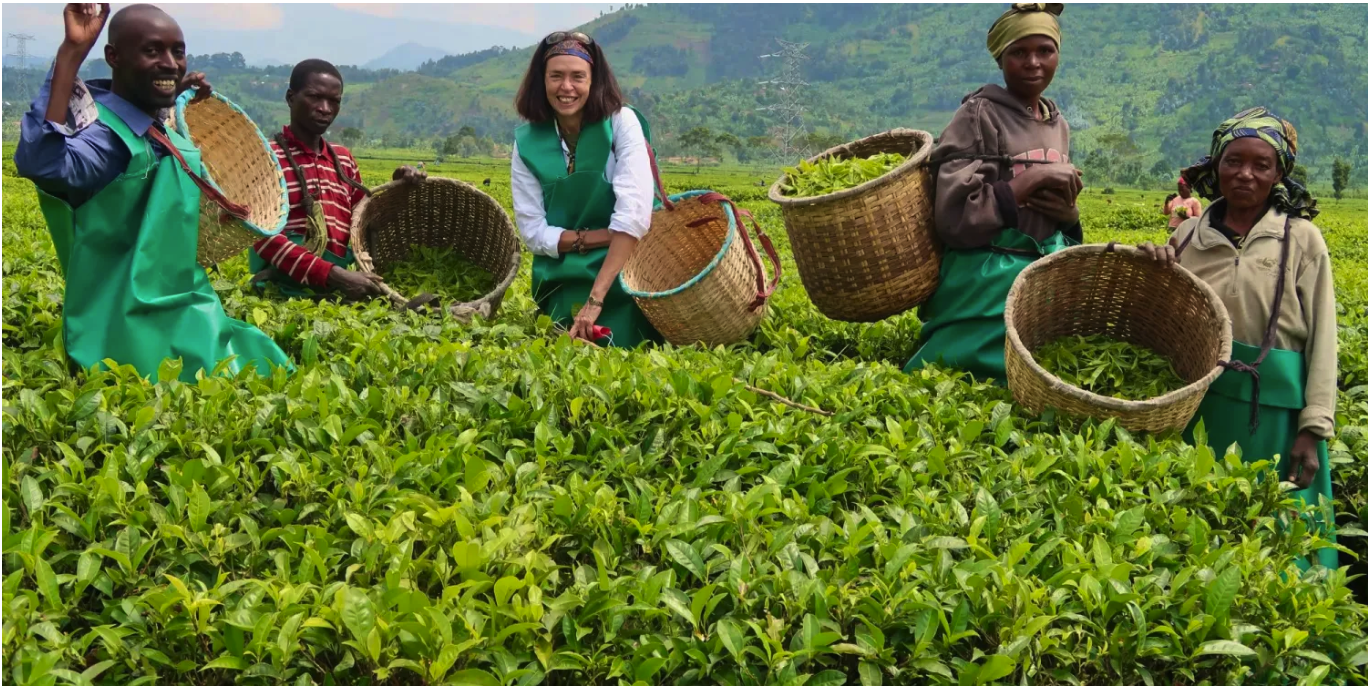Policies needed to unlock SA’s agritourism potential
Posted by Siyanda Edwana on 04 September 2024 9:55 AM CAT

The new focus on connecting people with farming and rural life could boost local economies and promote sustainable tourism. With the right policies and incentives, regions like Gauteng and Western Cape can become major agritourism hubs

Agritourism is set to be high on the agenda this month with activities aimed at connecting people with agriculture by fostering a greater appreciation for farming and rural life. Experts and government said agriculture and tourism are critical as they support local economies by diversifying income sources for farmers and promoting sustainable tourism practices.
Despite its potential, agritourism in South Africa faces challenges such as a lack of cohesive policies and limited focus on rural areas by tourism associations.
With the Western Cape government combining the department of agriculture, economic development and tourism, the department’s spokesperson Daniel Johnson said they are guided by the draft Tourism Blueprint 2030 which was the ten-year master plan for the development and growth of the industry.
“There are incentives identified to promote tourism such as the development of ethical farm parks and wildlife experiences, and the development of cultural and heritage experiences. [There are also] the development and promotion of adventure tourism and the staging of hyperlocal events that celebrate local produce and culture,” he said.
Developing rural tourism
Meanwhile, Jacqui Taylor, the founder and managing director of Agritourism Africa, highlighted the challenges that agritourism is facing.
Taylor noted that in South Africa, the department of tourism and the department of agriculture lack a unified approach to rural tourism development due to policy fragmentation.
“There is a lack of cohesion in terms of policy towards creating a unified approach to rural tourism development,” she said.
She added that tourism associations prioritise cities and large attractions because their primary funders are corporations based in urban areas which contribute to membership fees.
“If there was a tax incentive to increase participation in rural tourism development opportunities, there would be an incentive to promote agritourism in rural areas. Scotland is an example of how the focus by government and the private sector has benefited rural towns, rural communities, and farmers,” Taylor said.
A key aspect of agritourism is the emphasis on homestays, where the focus on authenticity enables visitors to immerse themselves in the daily lives of rural inhabitants, Taylor explained.
“Homestays are included in agritourism as the focus is on authenticity. This is what differentiates agritourism from city tourism experiences. Visits to rural areas encourage visitors to meet the local people of the villages with the sharing of cultural and storytelling a key component,” she said.
Untapped agritourism potential in Gauteng
Among those flourishing by providing authentic experiences to tourists, is Naledi Farm in Centurion, Gauteng. Samuel Maifadi, owner of Naledi Farm, shared that by positioning themselves as a tourist destination, they have opened their space to be considered by guests and travellers who plan their trips well in advance.
“Receiving guests at Naledi Farm from all over the world has challenged us to remain relevant and true to our purpose. We have a beautiful and authentic offering to our guests and each one of them leaves our shores a bit fuller and refreshed.”
Maifadi said there are numerous opportunities for agritourism to expand, particularly in Gauteng. He noted that with the right support, these areas could attract tourism, potentially capturing some of the attention currently dominated by the Stellenbosch wine farms.
“Gauteng has beautiful arable lands that are matched by amazing views and scenery. These remain untapped. The Magaliesburg biosphere and the Crocodile River Reserve are zones with great agritourism potential,” Maifadi said.

